Why is the BBC heaping praise on Islamists?
BBC Radio London introduced a hardline misogynist hothead as a ‘highly respected imam’.
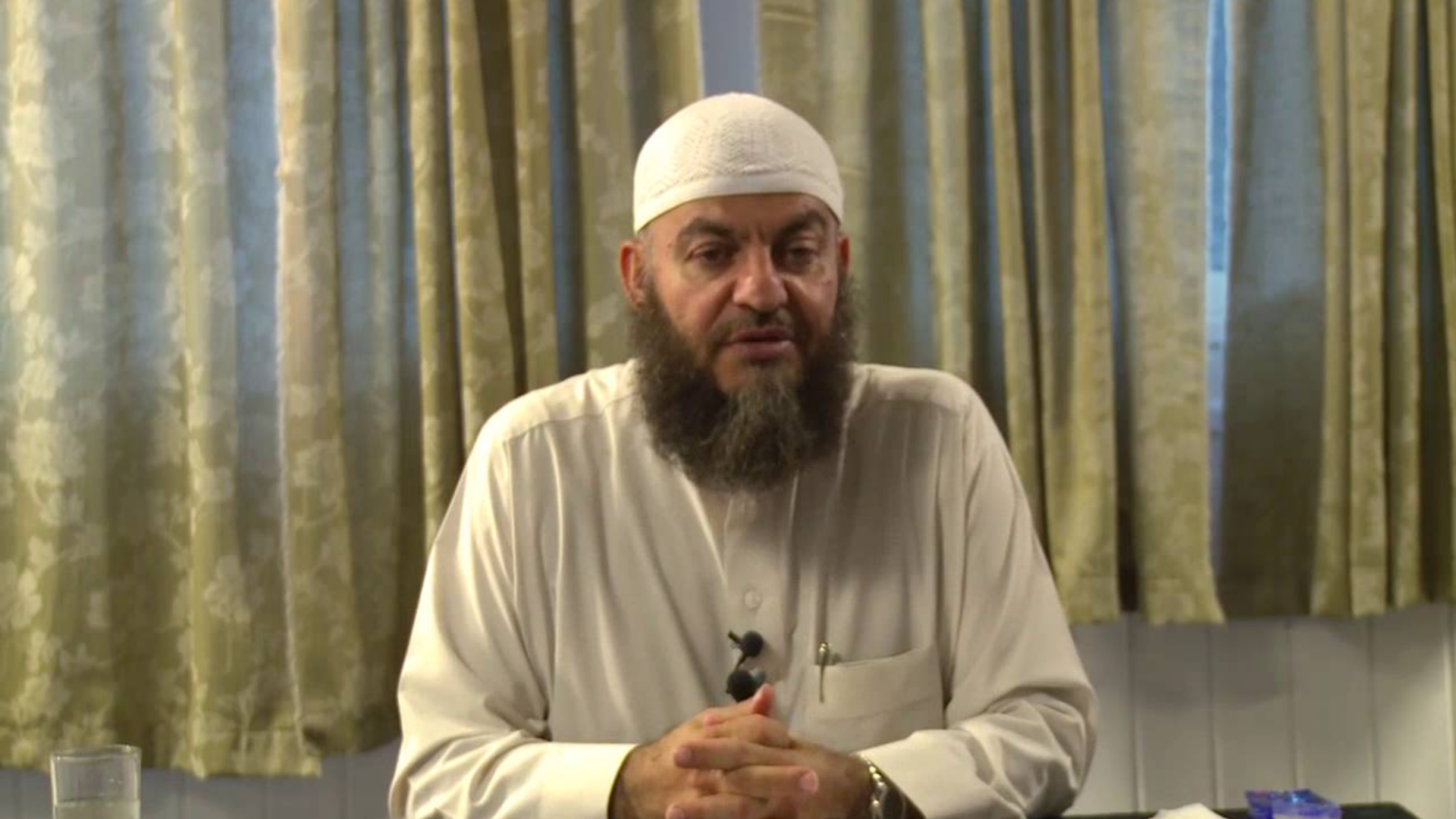
Want to read spiked ad-free? Become a spiked supporter.
There appears to be no bounds to the ‘useful idiocy’ of the BBC when it comes to enemies of liberty.
At the weekend, BBC Radio London presenter Asad Ahmad sought the counsel of Haitham al-Haddad, the chair of the Muslim Research and Development Foundation (MRDF), over the race riots which had just erupted across England. Haddad, if you are blissfully unaware, is a stalwart of the Islamist far right.
Not that listeners would know this from Ahmad’s introduction. He referred to the Saudi-trained cleric as a ‘highly respected imam’. ‘Highly respected’ by whom exactly? Certainly not by anyone who supports secularism, democracy or human rights. After all, Haddad is a proponent of the regressive ideology of caliphism. He thinks that the UK is an ungodly society and should be replaced by an Islamic state with a system of Sharia governance.
These views, drawn from fundamentalist Deobandi and Salafi doctrines, used to be a far-right fringe position among Muslim migrants in Britain. But thanks to financial support from Saudi Arabia and regional rivals Qatar and Iran, caliphism has gained broader purchase in the UK in recent decades. As Ed Husain notes in his 2021 book, Among the Mosques: A Journey Across Muslim Britain, ‘caliphism is anti-Western and seeks to subvert British culture, law and institutions from within’ and it’s being ‘embedded in speeches, sermons, books, websites and charities’.
Evangelising Hate, a 2014 report from the Council of Ex-Muslims of Britain, provides an eye-opening portrait of the misogyny, intolerance and authoritarianism of Haddad and his ilk. According to the report, he thinks ‘a man should not be questioned’ by the authorities if he is found to have assaulted his wife because ‘they can sort out their matters among themselves’. A 2018 investigation by The Times quoted him as saying that women from Western countries who had committed adultery were ‘begging’ him to take them to an Islamic country in order to be stoned to death.
What’s more, according to Evangelising Hate, Haddad ‘believes that criticising suicide bombing is wrong because to do so would be to “nullify” “defensive jihad”’. He says it is a duty of Muslims to engage in jihad and ‘fight everyone until they establish the law of Allah’. On the day of Hamas’s 7 October pogrom in Israel, he posted on Facebook a prayer for Allah to grant victory to ‘the people of truth in Gaza’ against ‘their oppressors’.
The founder of a counter-extremism think-tank once called Haddad ‘one of the most dangerous men in Britain’. Dr Taj Hargey, an imam and founder of reformist Muslim think-tank, the Oxford Institute for British Islam, agrees. He told me that Haddad’s MRDF and other similar organisations ultimately ‘want to overthrow this country’s secular democracy and install some form of Sharia dictatorship’.
Haddad is certainly a busy man. He has recently been on a PR trip to Afghanistan to meet up with officials from the Taliban. You can also find him promoting his caliphism on the Islam Channel and other UK-based Arabic-language channels. There you’ll discover he’s closely associated with Muslim Engagement and Development (MEND), which has been accused of harbouring ‘Islamists masquerading as civil libertarians’, and the Muslim Association of Britain, which was founded by activists from the Muslim Brotherhood and Hamas.
It’s perplexing, isn’t it? It would be one thing for the BBC to invite Haddad on air to challenge his views. It is quite another to present him as a ‘highly respected imam’, supposedly the ideal man to calm things down after days of violent rioting. The presenter even asked him, ‘What is your advice to the media, what is your advice to politicians, what should they do?’.
The riots show how society can violently fracture if communities lose trust in each other. Yet how can we rebuild that trust, that social cohesion, when the myopic BBC chooses to treat bigots like Haddad as fonts of wisdom?
Hannah Baldock is a journalist and researcher on radicalisation and terrorism.
Picture by: YouTube.
Who funds spiked? You do
We are funded by you. And in this era of cancel culture and advertiser boycotts, we rely on your donations more than ever. Seventy per cent of our revenue comes from our readers’ donations – the vast majority giving just £5 per month. If you make a regular donation – of £5 a month or £50 a year – you can become a and enjoy:
–Ad-free reading
–Exclusive events
–Access to our comments section
It’s the best way to keep spiked going – and growing. Thank you!
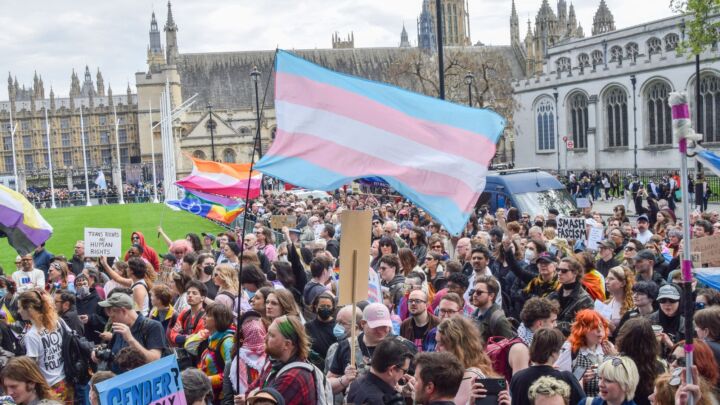

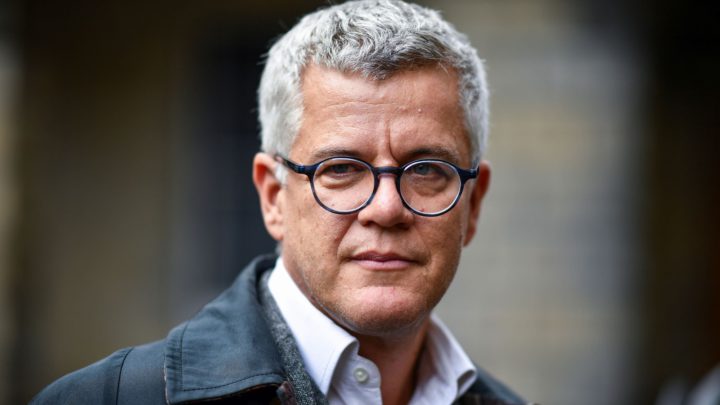
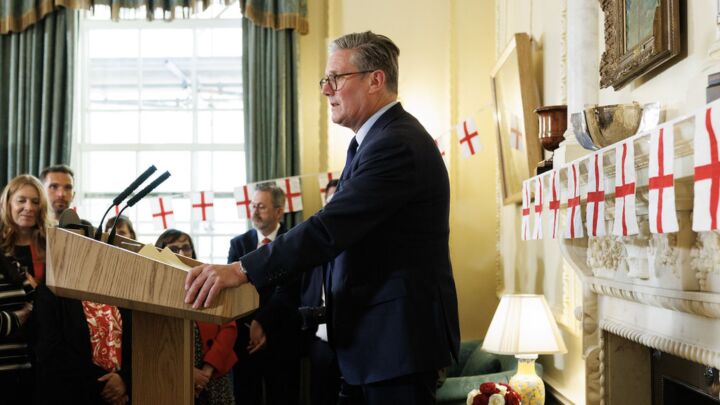
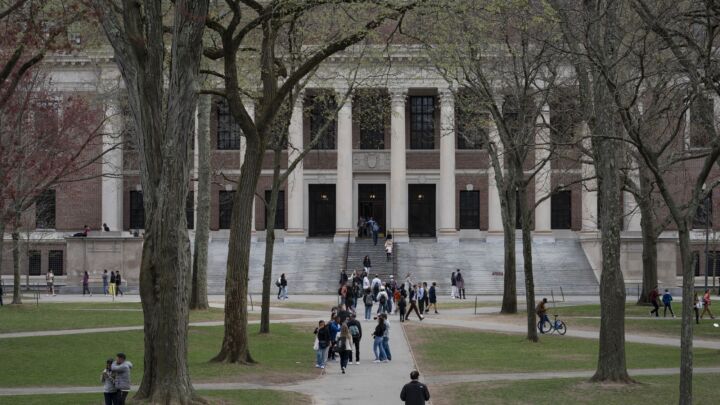
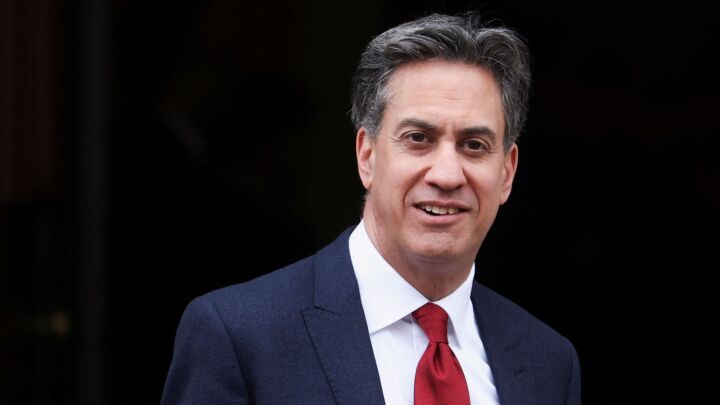

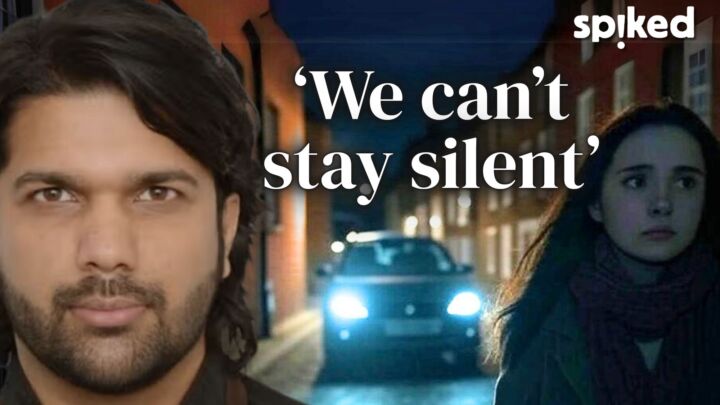
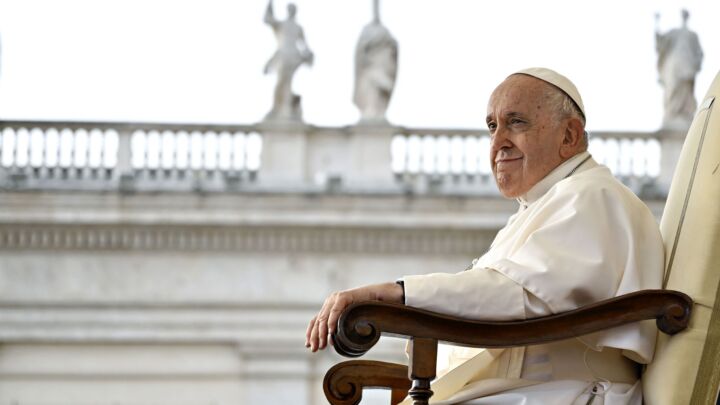
Comments
Want to join the conversation?
Only spiked supporters and patrons, who donate regularly to us, can comment on our articles.